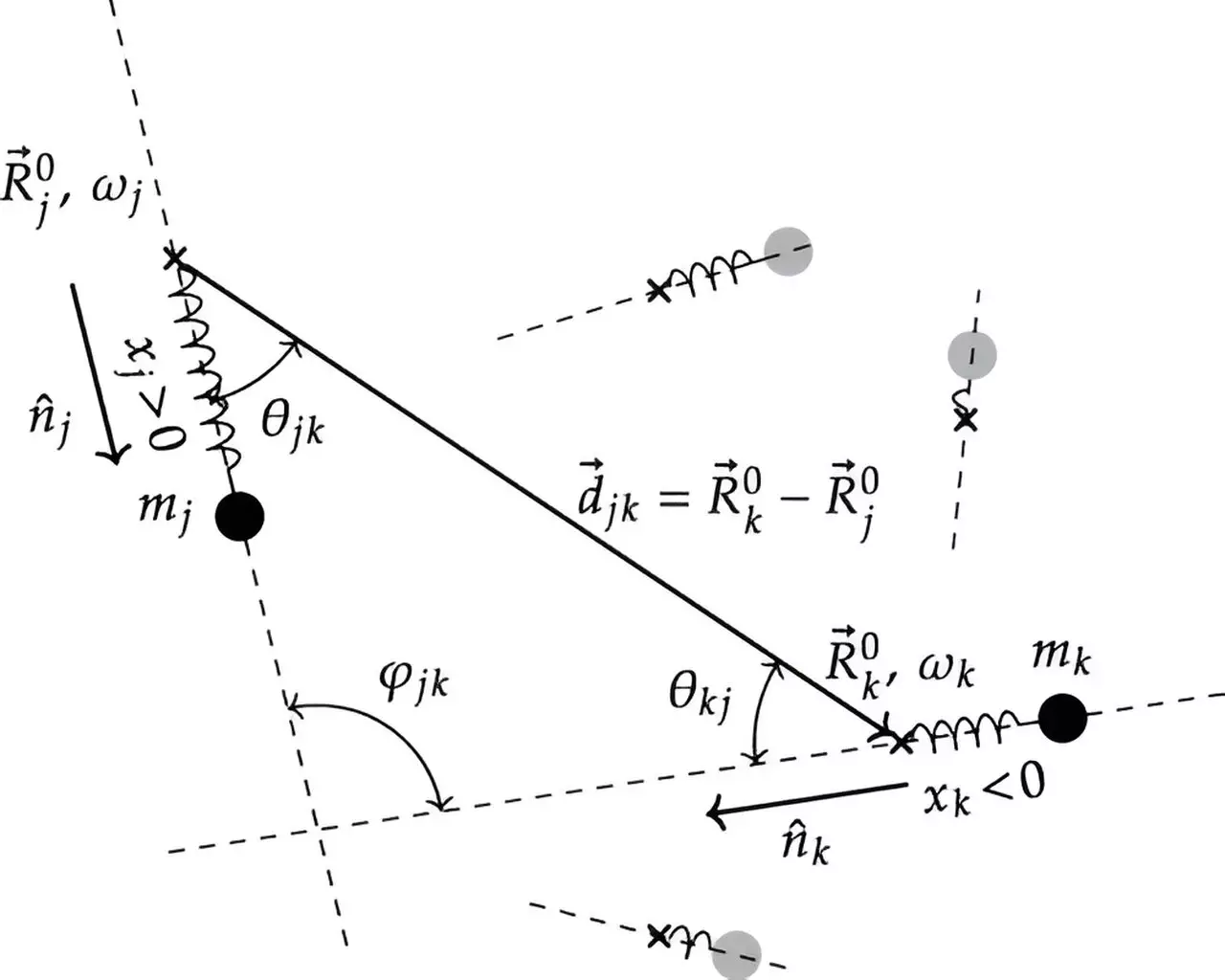Gravity is a fundamental force that governs our universe, yet its true nature remains a mystery. The question of whether gravity is fundamentally quantum or classical has puzzled scientists for years. Experimental proposals to tackle this question have faced challenges due to the difficulty of creating quantum entanglement between heavy, macroscopic masses. However, a recent study published in Physical Review X presents a novel experiment that offers a fresh perspective on this longstanding issue.
The Challenge of Quantum Gravity
The fusion of quantum mechanics and gravitational physics is a major hurdle in modern science. The inability to conduct experiments in regimes where both quantum and gravitational effects are significant has impeded progress in this area. The debate over whether a theory of quantum gravity requires a “quantization of gravity” or a “gravitization of quantum mechanics” further complicates the matter.
The researchers from Amsterdam and Ulm have proposed an experiment that aims to bypass the challenges associated with previous proposals. Instead of relying on entanglement between massive objects, the experiment focuses on the quantum properties of massive ‘harmonic oscillators.’ These oscillators, such as torsion pendula, offer a promising avenue for investigating the quantumness of gravity without the need for generating entanglement.
The traditional approach to studying the quantum nature of gravity has centered around the concept of entanglement. However, the new proposal by the researchers introduces a fresh perspective by redefining quantumness in the context of gravity. By establishing rigorous bounds on experimental signals for quantumness, the researchers aim to demonstrate the quantum properties of gravity without resorting to entanglement.
While the proposed experiment holds promise for shedding light on the quantum aspects of gravity, it still requires technological advancements for practical implementation. The researchers acknowledge that further progress is needed in order to conduct the experiment successfully. Despite these challenges, the researchers are optimistic about the feasibility of the experiment in the near future.
One intriguing aspect of the new experimental approach is the role of entanglement theory in quantum information science. While the experiment does not involve physical entanglement, the researchers leverage the mathematical framework of entanglement theory to analyze the quantum aspects of gravity. This unexpected connection underscores the complexity and interplay of quantum phenomena in gravitational physics.
The researchers behind the novel experiment hope that their work will pave the way for future experiments that address the fundamental question of the quantum nature of gravity. By reimagining the relationship between quantum mechanics and gravitational physics, the researchers aim to advance our understanding of one of the most enigmatic forces in the universe. Through continued collaboration and innovation, they anticipate that the answers to long-standing questions about gravity may be within reach sooner than expected.


Leave a Reply